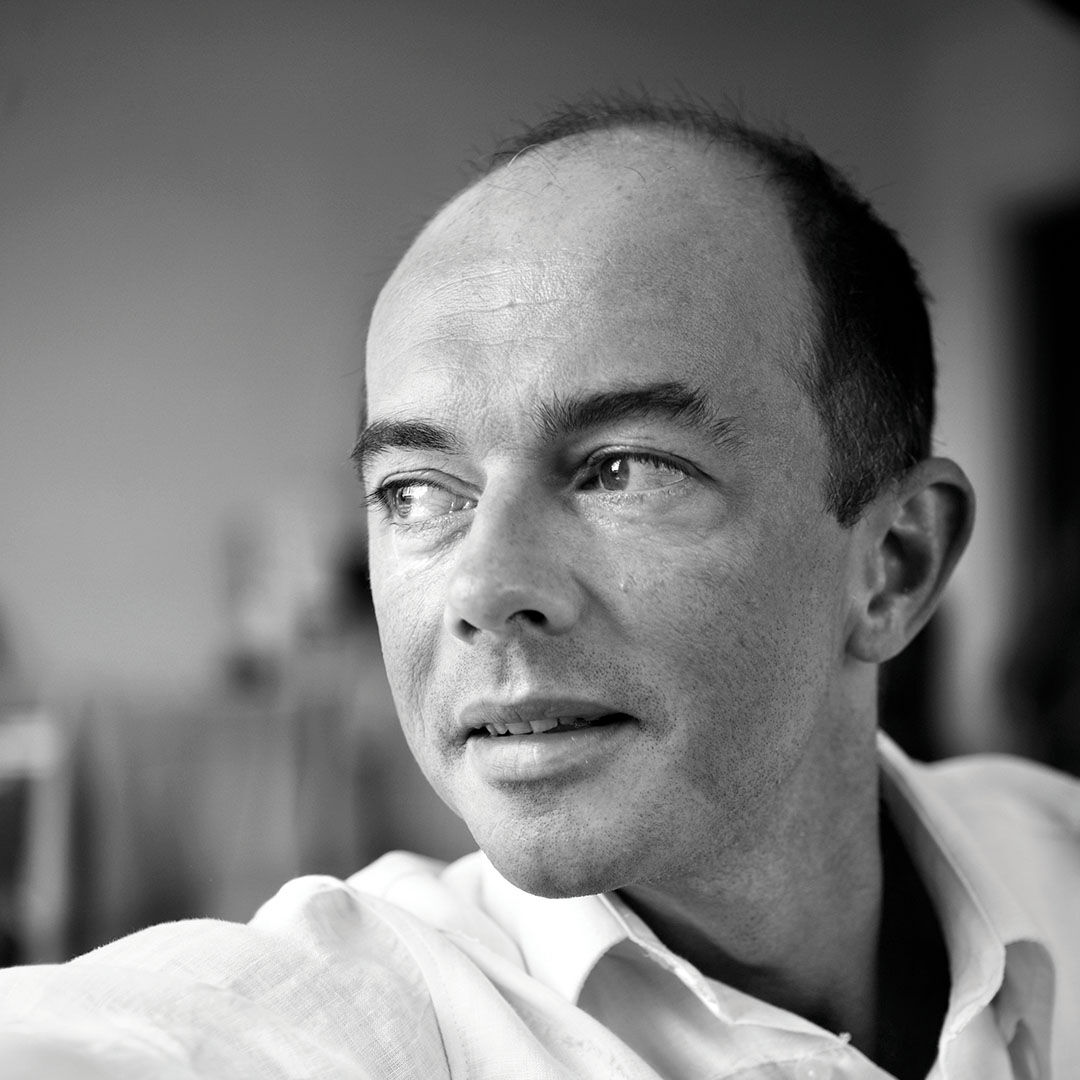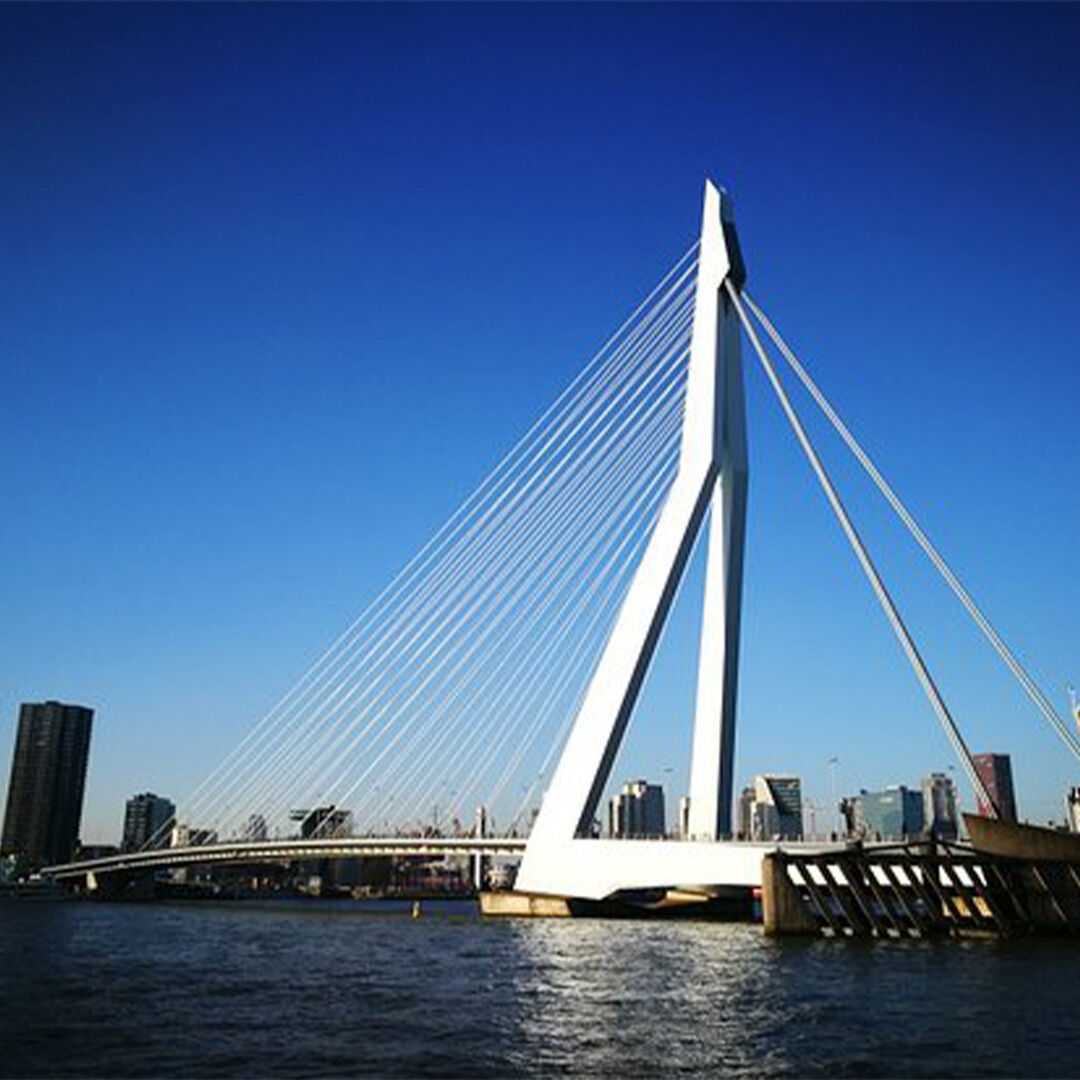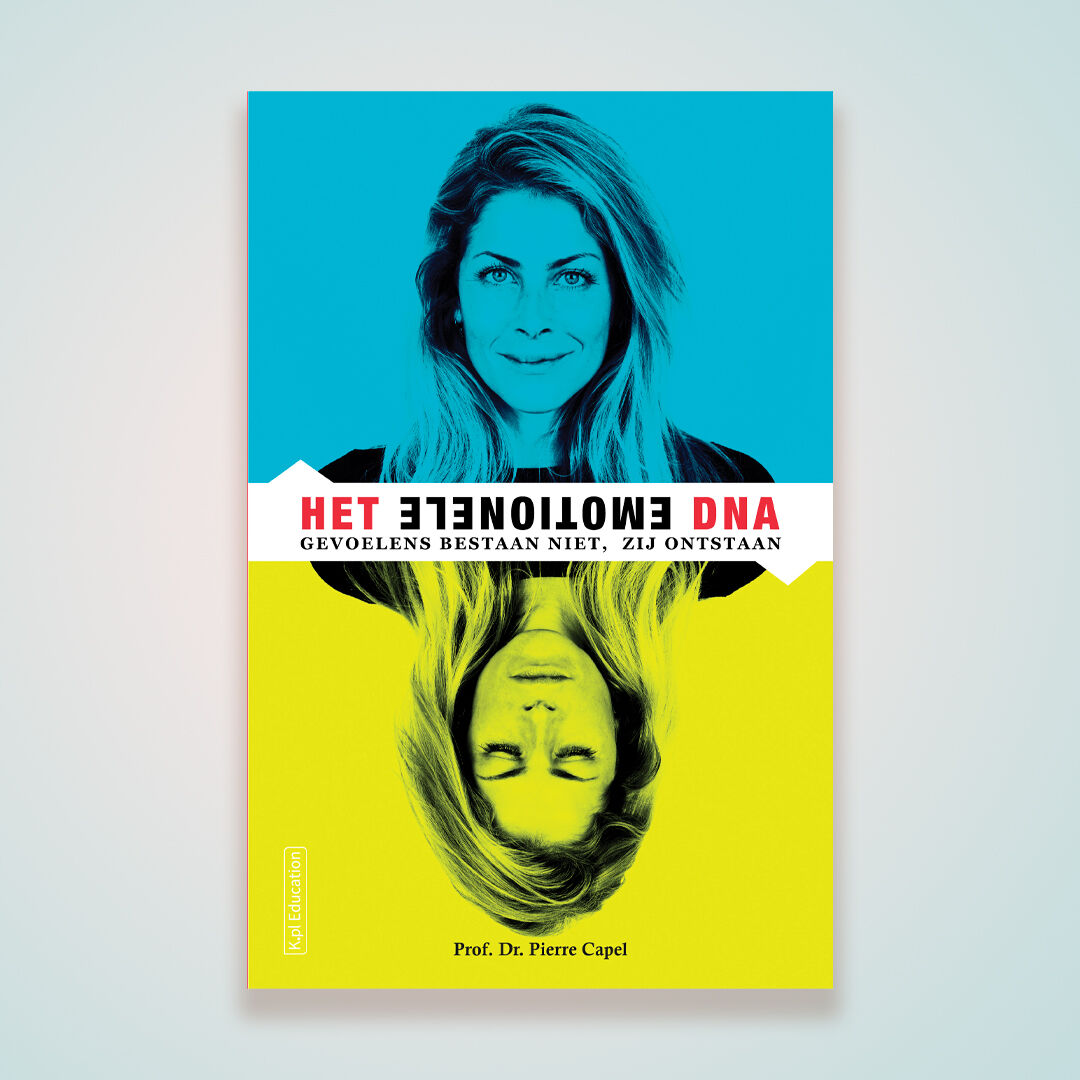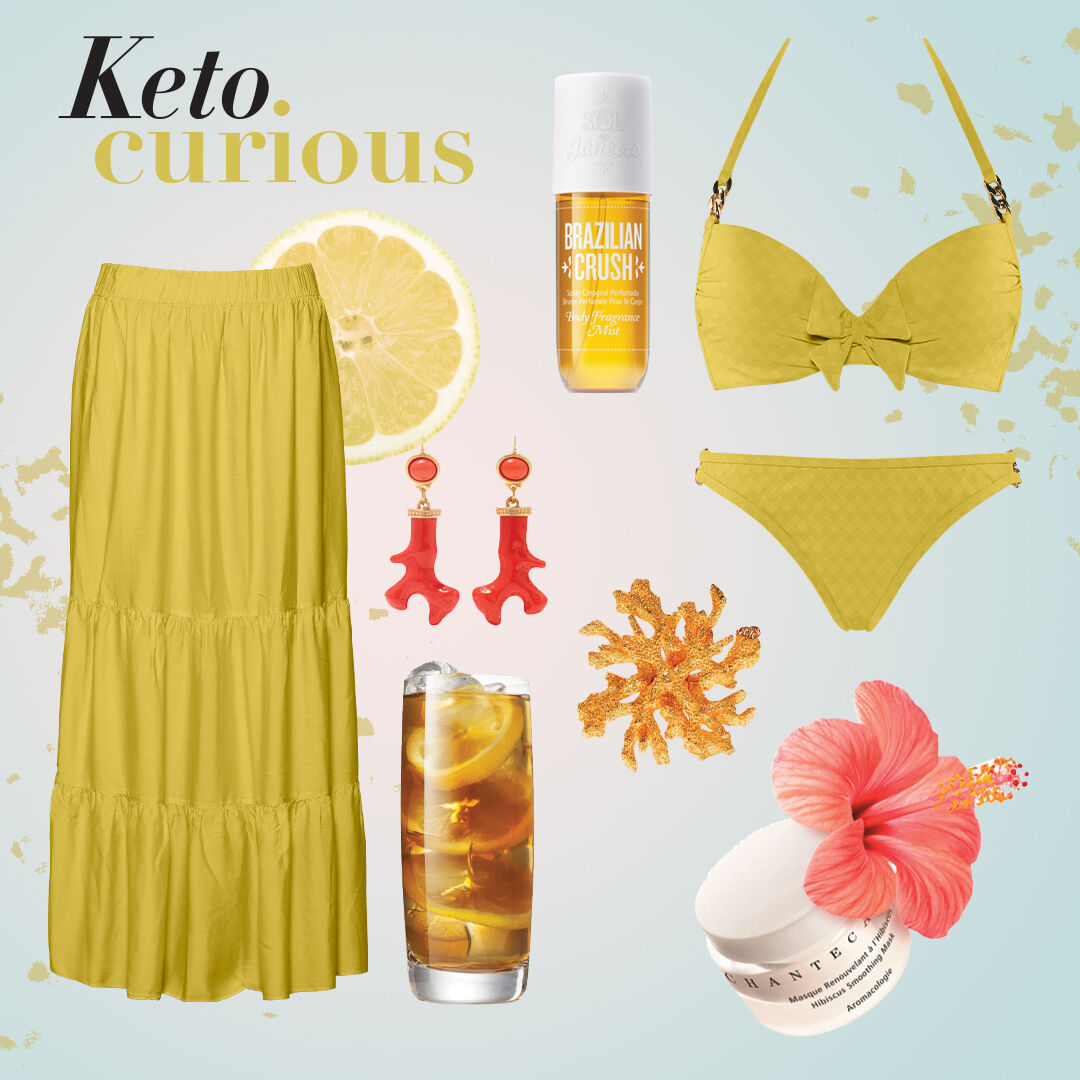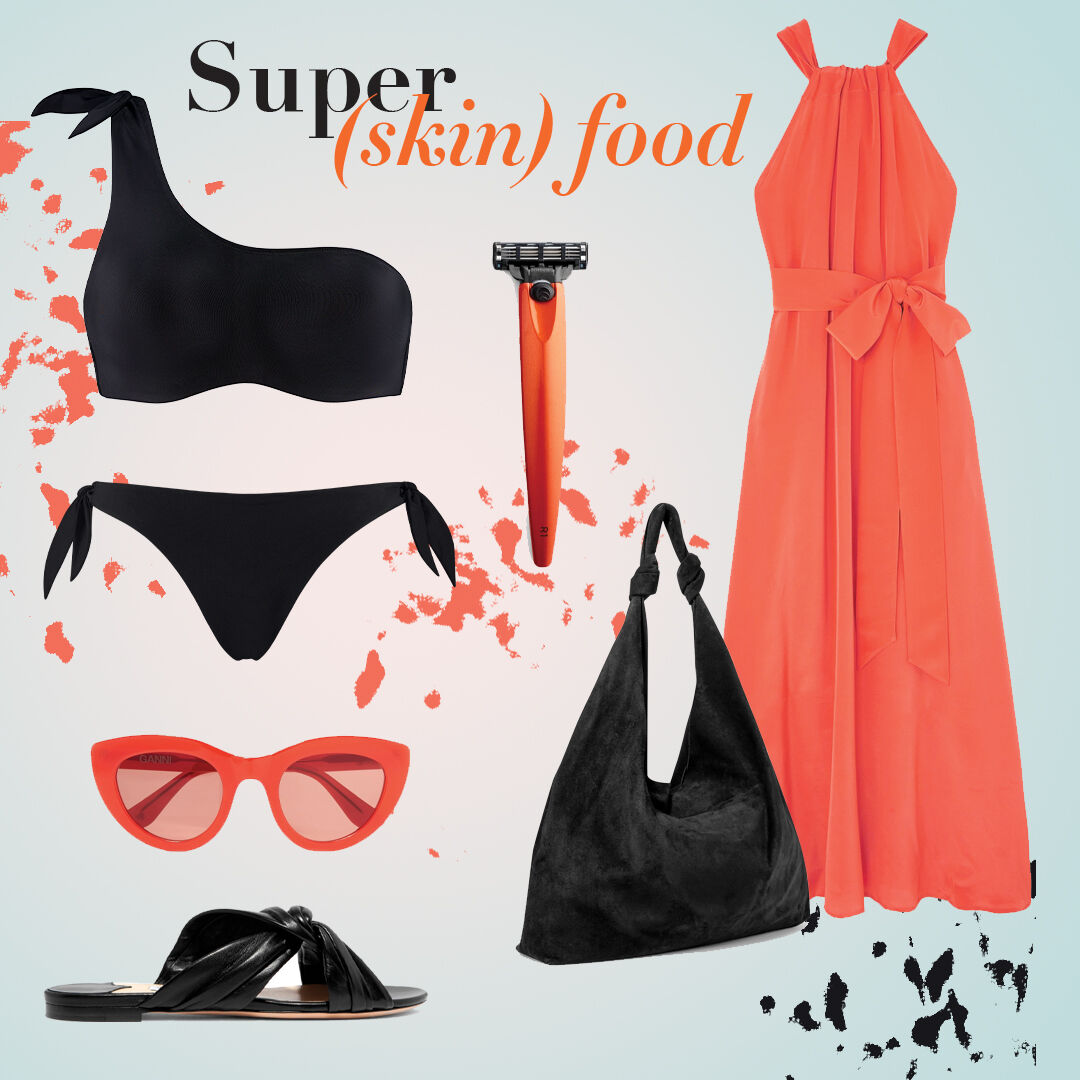Anti-aging beyond botox
Do you believe in the fountain of youth? Neither does Belgian doctor Peter Aelbrecht. He does, however, offer something nearly as miraculous: a personalized, holistic combination of Western medical science and alternative treatments that can slow ageing and dramatically improve the quality of your life. My kind of Doctor Love!
Marlies: Let’s start with full disclosure: Peter, you are my own anti-aging specialist. I’m honoured and happy to ‘share’ you with my readers! Let’s talk about the way we look at aging.
Peter: Thank you, Marlies! Going back only 2 generations, aging was considered to be in the hands of God. But the past 35 years saw the emergence of a new medical field that considers aging a disease: something that can be treated. The goal of this anti-aging science, however, is not a longer life per se, but an optimal quality of life as we grow older. Interestingly enough, when you suffer less from the conditions of old age, you have a bigger chance of living longer. A very welcome side effect!
Marlies: What can we do ourselves to slow down aging?
Peter: First of all, be conscious of what you eat. Our habitual consumption of ref ned carbs, for example,causes a low-grade inflammation throughout our bodies, which speeds up the process of aging. Therefore, try to avoid candy, sodas, pastries etc. But also, caffeine, dairy products and gluten; they too contribute to unnecessary inflammation.
Marlies: Some people consider avoiding dairy products a mere food fad, but there is more and more scientific research proving otherwise.
Peter: There is! But let’s also just use common sense: in nature, there is no fully-grown species that drinks the milk of another species. Humans can digest their mother’s milk till they are about 6 years old, after that, we lose that capability. We are perhaps able to digest 99% of dairy products, but the 1% that we cannot assimilate is considered a ‘threat’ by our intestines. This causes a ‘pollution’ of our immune system which can eventually lead to an autoimmune disease.
Marlies: Our sedentary life styles probably don’t help either…
Peter: Indeed, exercise is another important element in an anti-aging regime. But did you know that too much exercise can have the opposite effect after a certain age? To find a happy medium, you could use this formula: take 220, subtract your age, then calculate what 3 quarters is of that number. For example,if you want to work out responsibly around the age of 50, your heart rate shouldn’t be any higher than 135. Think nice long walks instead of intense spinning classes.
Marlies: How about taking supplements?
Peter: Often, patients come to me with a suitcase filled with the supplements they take. But the way people chose these supplements is usually very random: we see a TV commercial for fish oil pills, and we think ‘oh, perhaps I need some omega-3!’.
Marlies: (Laughing) I used to do that!
Peter: An average multivitamin contains between 40 and 70 components. We tend to think that a surplus of vitamins or minerals can easily be discharged with our urine, but that’s not true! When you take too many fat-soluble vitamins (A, D, E and K) for example, they get stored in your fat tissue and become toxic. On the other hand, these (multi-) vitamins give you only fraction of some other vitamins or minerals your body might need. So, you are getting too much, and at the same time not enough.
Marlies: This is why you have very thorough lab tests done for each patient.
Peter: Exactly. We check the blood and urine of our patients for between 400 and 500 components, so we can prescribe very specific supplements and give appropriate dietary advice. We also analyze the content of someone’s intestines; if there is a disbalance in your intestinal flora -think of leaky gut, for example- your expensive supplements can end up straight in the toilet!
Marlies: Can you explain how hormones affect the aging process?
Peter: With the passing of the years, the levels of most of our hormones decrease. Take the human growth hormone. Children need a lot of it to grow; grown-ups have about 10% of that amount available. As we age, that 10% slowly decreases further, affecting the size and function of our brain, liver, kidneys and adrenal glands. By prescribing a small amount of bioidentical (meaning a copy of what the body produces itself) growth hormone, I can halt that decrease. As an anti-aging specialist, I am able to slow down about 20% of the aging process through diet and supplements, but the biggest impact is achieved by replenishing hormones.
Marlies: Let’s talk about the menopause. I knew about the hot fl ashes, but when I first visited you, you showed me a list with so many more, often very dramatic symptoms… I feel that every woman should know this!
Peter: You are born with a certain amount of egg cells. Each month during ovulation, your ovaries release a mature egg; after about 35 years of ovulating, you simply run out of eggs. At this point, you will stop having your period, and your ovaries no longer secrete oestrogen and progesterone. (Your testosterone levels actually also drop during this period, a fact that is still often overlooked.) This decrease of hormones causes ailments that most of us are familiar with, such as vaginal dryness, loss of libido and osteoporosis. It also, however, affects our central nervous system, making it harder to enjoy life the way we did before, and our immune system, making us more vulnerable to autoimmune diseases such as cancer. On top of that, postmenopausal women have a higher risk to get cardiovascular diseases, even surpassing men in the statistics.
Marlies: As part of your holistic treatment, you offer hormone replacement therapy. Is that safe?
Peter: I treat women with bioidentical hormonal substitutions, making the body believe it’s not menopausing yet. I avoid synthetic hormones; these are seen by the body as foreign substances. Statistics even show a small but significant rise in breast cancer among women taking these after menopause. My main goal is to offer women the same quality of life that they had before menopause. Just think about it, when you are 50 and in good health, you may very well live another 45 years! Why not live those years to the fullest?
Watch the video of the interview here.
www.energiekliniek.be
MD Friends
Building bridges
From the Erasmus Bridge and the Mercedes-Benz Museum to Qatar’s metro network; Ben van Berkel’s iconic landmarks bring people together in rapturous beauty, again and again. I talked with the Dutch architect and educator about sensuality, ‘healthy’ buildings and the remarkable parallels between our designs.
MD Friends
More than a feeling
Don’t ignore your emotions; they are much more powerful than you can imagine. By linking the magical world of emotions with hard science, Dutch scientist Pierre Capel, professor emeritus in experimental immunology, shows us the consequences of our feelings and the power of our minds. The message: we can do much more than we think. “Meditate. It’s the single best thing you can do for your health.”
Marlies Says
Keto curious?
The fact that I feel bikini-confident all year round is, of course, a nice bonus. But for me, the biggest payoff of following the keto diet is the way it optimizes my health and gives me tons of energy.
Marlies Says
Super (skin) food
‘If you can’t eat it, why put it on your skin?’. I pretty much live by this beauty adage. After all, with your skin being one of your body’s largest organs, anything – and I mean anything! – you put onto your skin will end up in your bloodstream.


